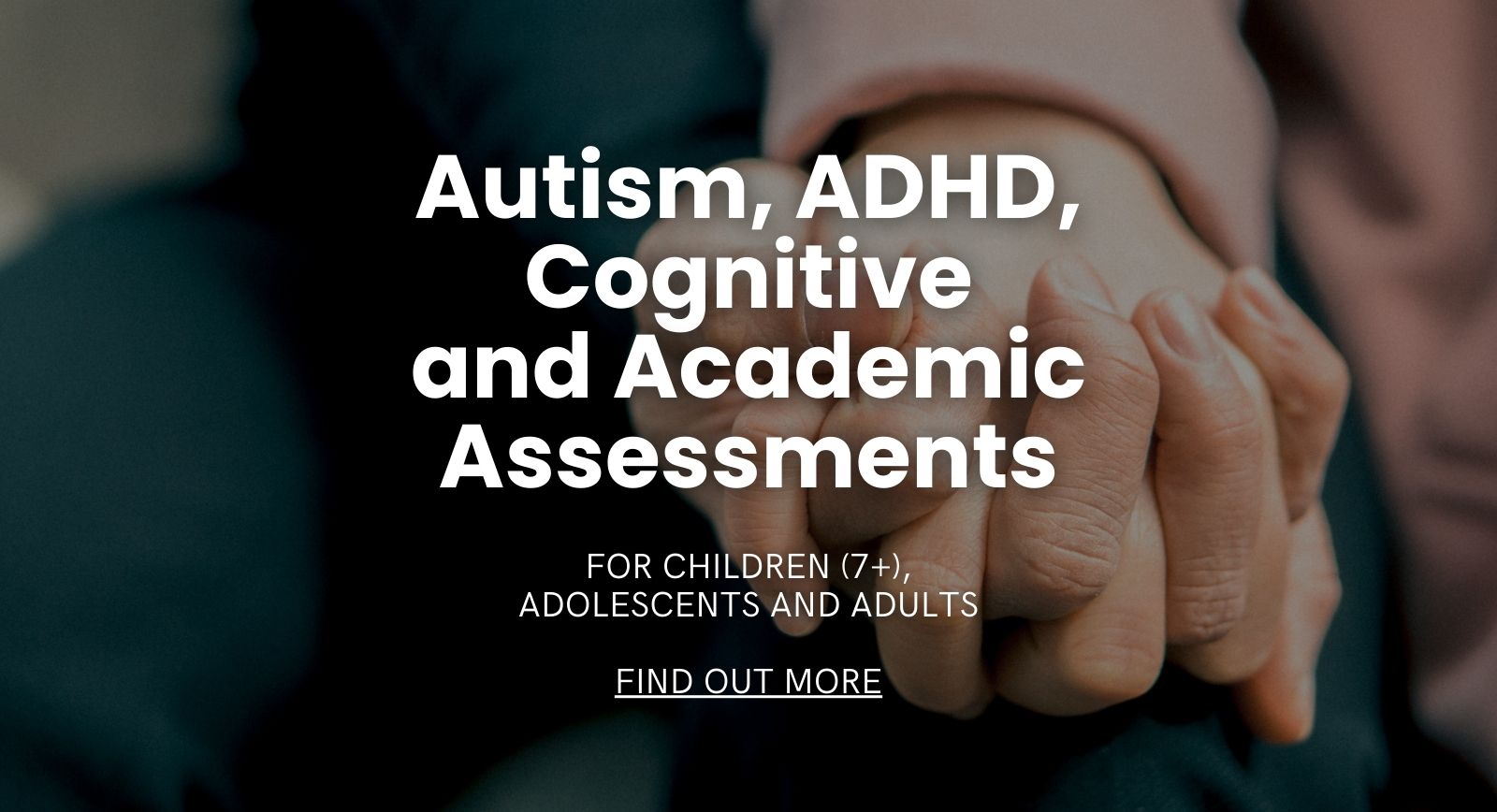Depression
Challenge
Does your child have low energy levels, or are you finding it hard to motivate them?
Does your child lose interest easily in activities they usually enjoy, or have difficulty listening and concentrating on tasks?
Are they continually making negative comments about themselves?
Does your child seem sad and cry easily, while being difficult to soothe?
Children often find it difficult to explain how they're feeling, especially if they're experiencing extended periods of low mood. It is important to recognise that if some of these issues happen together over several weeks or are typically out of character for your child, then depressive symptoms could be setting in. There are several types of depression, however, common symptoms of depression are: fatigue; lack of concentration; changes in appetite; isolating from friends; deep and long-lasting feelings of sadness, hopelessness, guilt and worthlessness; lack of interest in usual hobbies and difficulty getting through everyday activities, and even recurring thoughts of death or self-harm.
In Australia, 2015, one in thirteen adolescents between the ages of 11 and 17 within the last 12 months had been diagnosed with Major Depression. The disorder is more commonly diagnosed in females, affecting 19.6% of girls aged 16-17, compared to 7.2% of boys. However, it is important to understand that there is hope, and that steps can be taken to help your child recover.
Options
Untreated depression can lead to school refusal, isolation, self-harm, thoughts of suicide, and other compounding symptoms. This can make it difficult for you and your child to cope without support. However, there is hope. There are effective, evidence-based treatments for depression. It is important that your child knows that they are loved and supported during this difficult time, and seeking professional help for them is taking the first step. Congratulations in doing so.
There is a lot that can be done to guide and support both you and your child, to cope, manage depressive symptoms and improve quality of life. Therapies can include age appropriate ACT, CBT, EMDR, mindfulness, relaxation, exposure, home exercises, and psychoeducation. You and your child are not alone! Don't be afraid to take the next step and seek professional support for your child's wellbeing.

